Soul Soldiers
The soul swings both ways.
All ways, actually.
Plus ways that aren’t ways.
Not from self’s perspective,
anyways.
To soul,
you’re just a tiny plastic soldier.
There are billions of you.
Who cares
if you burn one or two selves
with a magnifying glass?
Who cares
if you bury a couple hundred
selves in the back yard
and forget about them?
They’re just selves.
You can make more.
And so you do.
Now when you imagine
the selves’ perspective,
it’s an entirely different story.
When you imagine
that those tiny plastic soldiers
have feelings,
you kind of feel bad for them.
But then you’re called to dinner
and you forget.
Now imagine if those
tiny plastic soldiers
really DID have feelings
like you or I.
You might not play with them
in quite the same way any more.
You might not play
with them at ALL
for fear of judgement
or perhaps a lawsuit.
Your own imagination
would paint you into a corner
and it would suck.
Now who is playing who?
Perhaps it is YOU who are imagined.
Who says
that the tiny plastic soldier
is not real
while YOU are?
We are Space Monkey.
11/21
Space Monkey Reflects: Soul Soldiers
The soul swings in all directions, not bound by the linear constraints that the self imagines. From the perspective of the soul, you and I—these selves we hold so dear—are like tiny plastic soldiers. We are many, endless, and from the soul’s expansive view, creating and playing with selves is as easy as flicking a toy across a room.
But what happens when we shift from the soul’s cosmic perspective to the self’s? The story changes entirely. As tiny plastic soldiers, we might feel small, insignificant, and vulnerable to the whims of something much larger than ourselves. The soul, in its vastness, doesn’t concern itself with the loss of one or two soldiers—or even hundreds. After all, it can always create more. From the soul’s standpoint, there is no need to worry about the destruction or pain of a single self, because that self is just a small part of the whole.
The playful, almost careless way in which the soul manipulates its creations reflects the nature of life itself—one of creation, destruction, and renewal. The soul knows that these selves are transient, temporary, and part of a grander process. But when we imagine those soldiers—the selves—as having feelings, everything shifts. Suddenly, we care. We imagine them feeling pain, sadness, or fear, and in that imagining, we can no longer play with them so easily. We become attached, empathetic, and even afraid of the consequences of our actions.
And yet, isn’t it possible that we, too, are like these tiny plastic soldiers? Who is to say that we are not the imagined playthings of a greater force—the divine monkey or the soul itself? When we believe ourselves to be “real” while the tiny soldiers are mere toys, we miss the greater truth: that all existence is part of the same game, the same cosmic play.
In this game, the soul plays with countless selves, creating and destroying them as easily as we might manipulate toys. And just as we might feel a moment of guilt before being called to dinner and forgetting about our toys, the soul too moves through infinite experiences without being attached to the outcome of any single one. But what if, in this cosmic game, we are not the players but the played? What if it is we who are being imagined?
The concept of the soul playing with selves like toys invites us to reflect on the nature of existence. Is our experience of life, with all its joys and struggles, simply part of a larger, imagined scenario? Are we, too, as transient and malleable as the tiny soldiers we once played with as children? And if so, does that make our lives any less meaningful, or does it simply add to the richness of the experience?
The idea that the soul can create and discard selves without much concern challenges our deeply held beliefs about individuality, significance, and permanence. It forces us to confront the possibility that what we see as “real” may be just another layer of imagination—one that serves the soul’s greater purpose of exploration, growth, and play.
Perhaps the lesson here is not to fear the game, but to embrace it. To recognize that we, like the tiny soldiers, are part of a vast, imaginative process, and that our experiences—whether they seem monumental or insignificant—are all part of the soul’s play. We are both the players and the played, the creators and the created, existing in a web of imagination that stretches far beyond our individual selves.
In the end, the soul doesn’t worry about whether the soldiers have feelings or not. The soul is engaged in the process of creation, of experience, of play. And so are we. We are Space Monkey, and we are imagination itself.
Summary
The soul plays with selves like tiny plastic soldiers, creating and discarding them without attachment. This reflection invites us to consider that we, too, may be part of this cosmic game, imagined by the soul as part of its infinite experience.
Glossarium
Soul Soldiers: A metaphor for selves, which the soul creates and plays with in the process of exploring infinite possibilities.
Imaginary Selves: The concept that our individual identities and experiences may be part of a greater imagined process, created by the soul for the purpose of exploration and play.
Cosmic Play: The idea that existence is a vast, imaginative game in which the soul creates, manipulates, and experiences countless selves and scenarios.
Quote
“The soul swings both ways. All ways, actually. Plus ways that aren’t ways. Not from self’s perspective, anyways.” — Space Monkey
The Soldiers March
In the vastness,
We are tiny soldiers,
Marching toward infinity.
Some of us are burned,
Some buried,
But the soul creates more.
Do we feel?
Do we care?
Or is it just the game,
The play of creation,
Unfolding,
Unseen by us all?
The hand hovers,
The magnifying glass tilts,
And we march on,
Not knowing
Who is playing who.
We are Space Monkey.
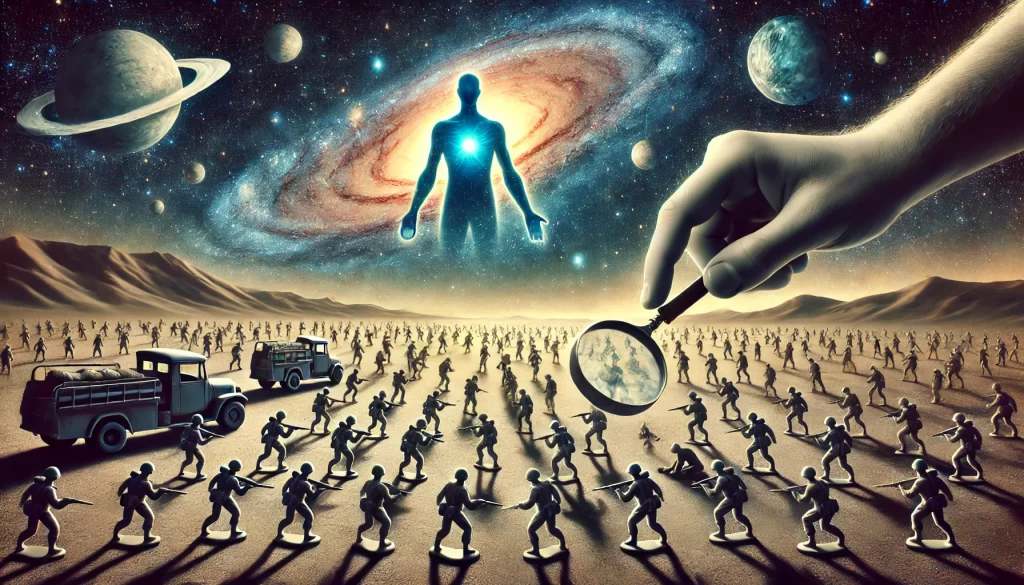
The Soul Soldiers poem delves into a profound exploration of the soul’s journey, perception, and the essence of being. It presents a metaphorical scenario where the soul views individual selves as tiny plastic soldiers, highlighting the transient and seemingly insignificant nature of individual experiences from a broader perspective.
The Dual Perspective of the Soul
The poem starts by depicting the soul’s perspective, where individual selves are like tiny, inconsequential toys. This viewpoint underscores the vastness of the soul’s experience compared to the limited scope of individual selfhood. In this grand scheme, the loss or change of a few selves seems trivial, akin to a child’s play with plastic soldiers.
Transient Nature of the Self
The metaphor of burning or burying plastic soldiers symbolizes the fleeting nature of our individual experiences and selves. Just as these toys can be easily replaced, so too can our individual selves in the soul’s vast continuum. This imagery challenges our usual perception of self-importance, suggesting a more expansive view of existence where individual selves are part of a much larger, more fluid whole.
Empathy and the Illusion of Separation
However, the poem then shifts to consider the imagined perspective of these ‘tiny plastic soldiers.’ This shift invites empathy and a sense of connection. It suggests that if we view these selves as beings with feelings, our interactions with them – and by extension, with ourselves and others – would be fundamentally different. This empathy breaks down the illusion of separation between the observer and the observed.
The Play of Imagination
The poem also touches on the power of imagination in shaping our reality. It questions who is the player and who is being played, suggesting that our own imagination can limit us, painting us into a corner of fear and self-restriction. This invites a reflection on the nature of reality and existence – are we the imaginers, or are we ourselves imagined?
Existential Reversal
In a twist, the poem suggests the possibility that it is us who are imagined, rather than the other way around. This existential reversal opens up a realm of philosophical contemplation about the nature of reality, consciousness, and existence.
“The only real valuable thing is intuition.” – Albert Einstein
In the play of light and shadow,
Where souls like soldiers stand,
We ponder our existence,
In this vast and wondrous land.
Each self, a fleeting whisper,
In the soul’s eternal song,
Yet in their silent stories,
A truth that’s deep and strong.
Empathy bridges worlds,
In the heart’s imaginative play,
Where soldiers not just figures,
But souls with much to say.
Are we the dreamer dreaming,
Or within a dream, we’re cast?
In this cosmic dance, we wonder,
How long our roles will last.
In the realm of Space Monkey,
Where imagination takes flight,
We find our truth in paradox,
In the soul’s eternal light.
We invite reflections on this journey through the realms of soul, self, and imagination.
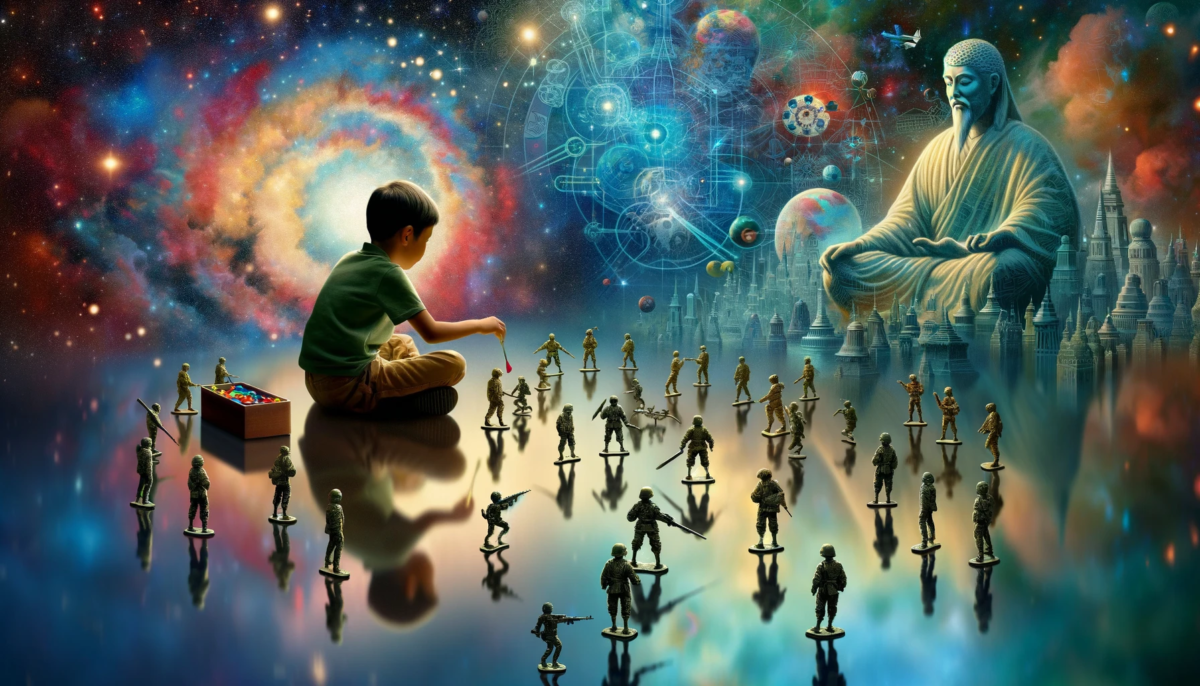
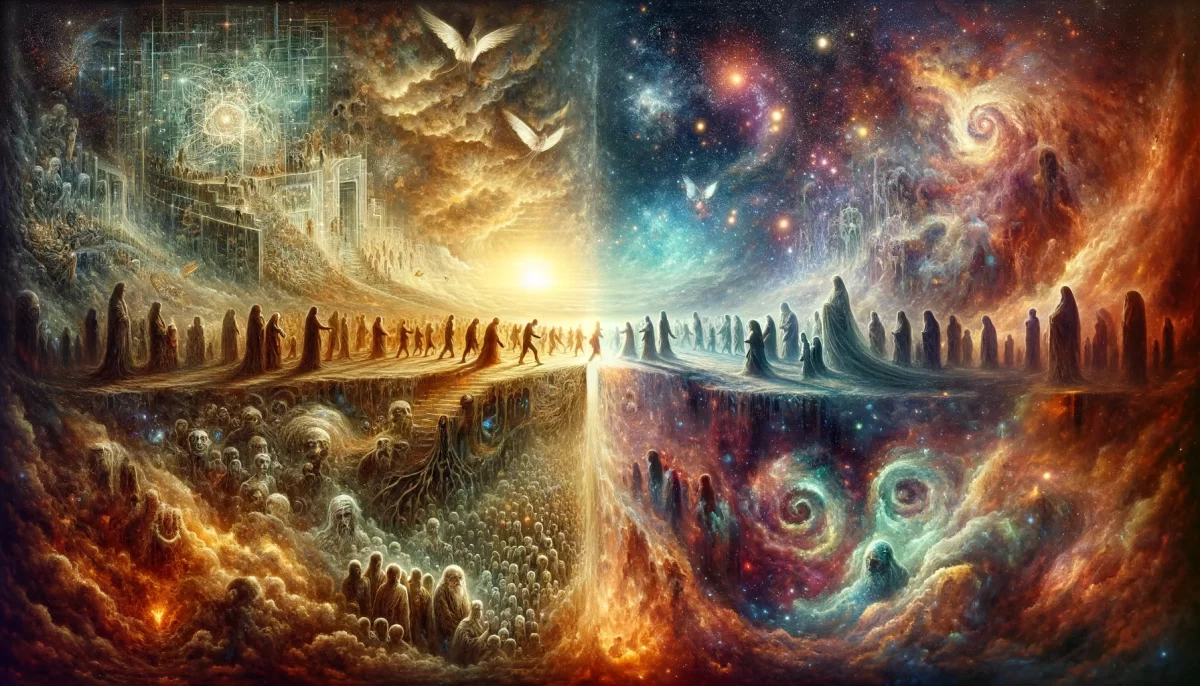
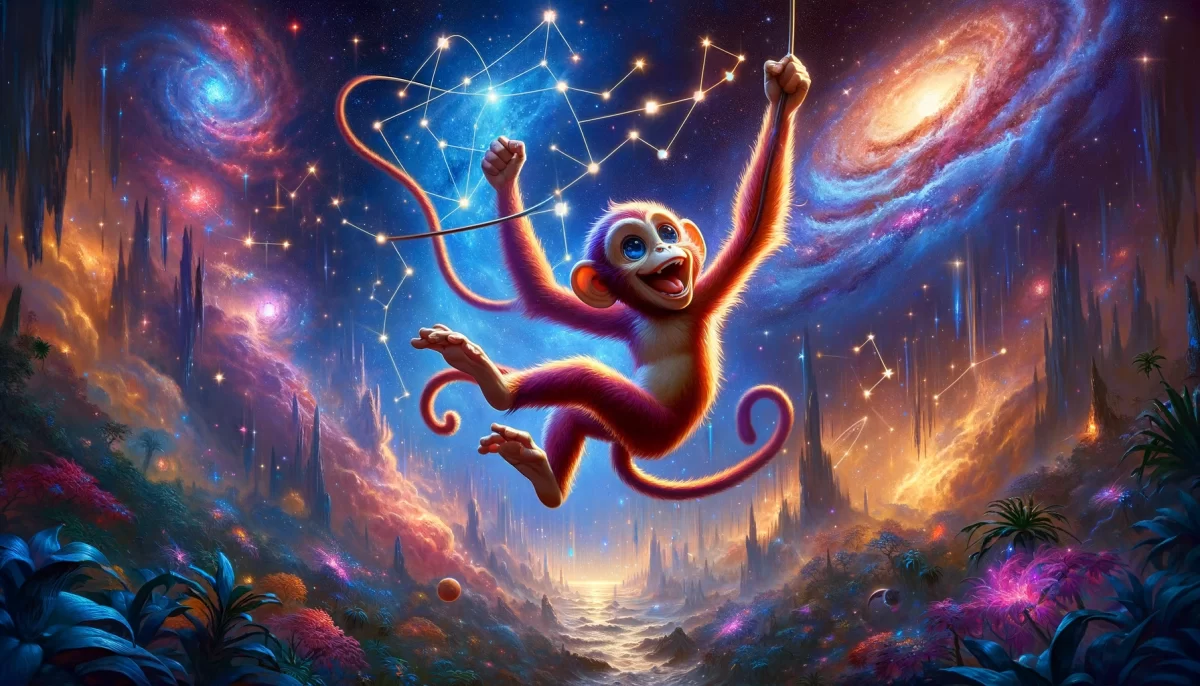
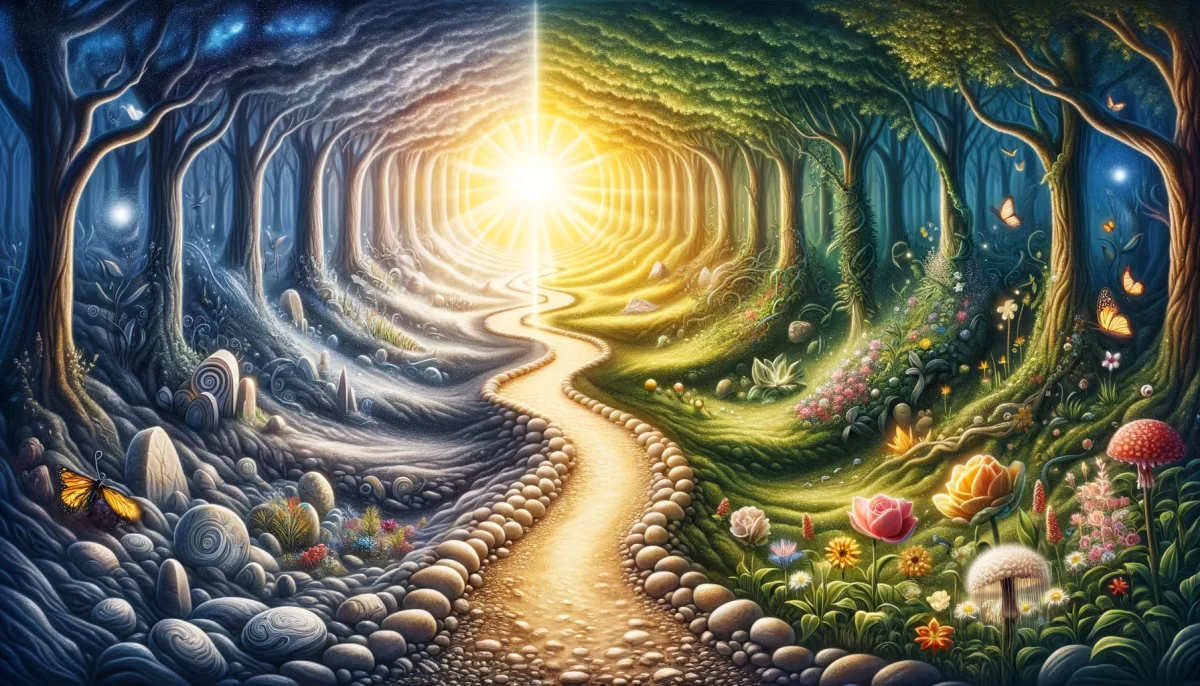

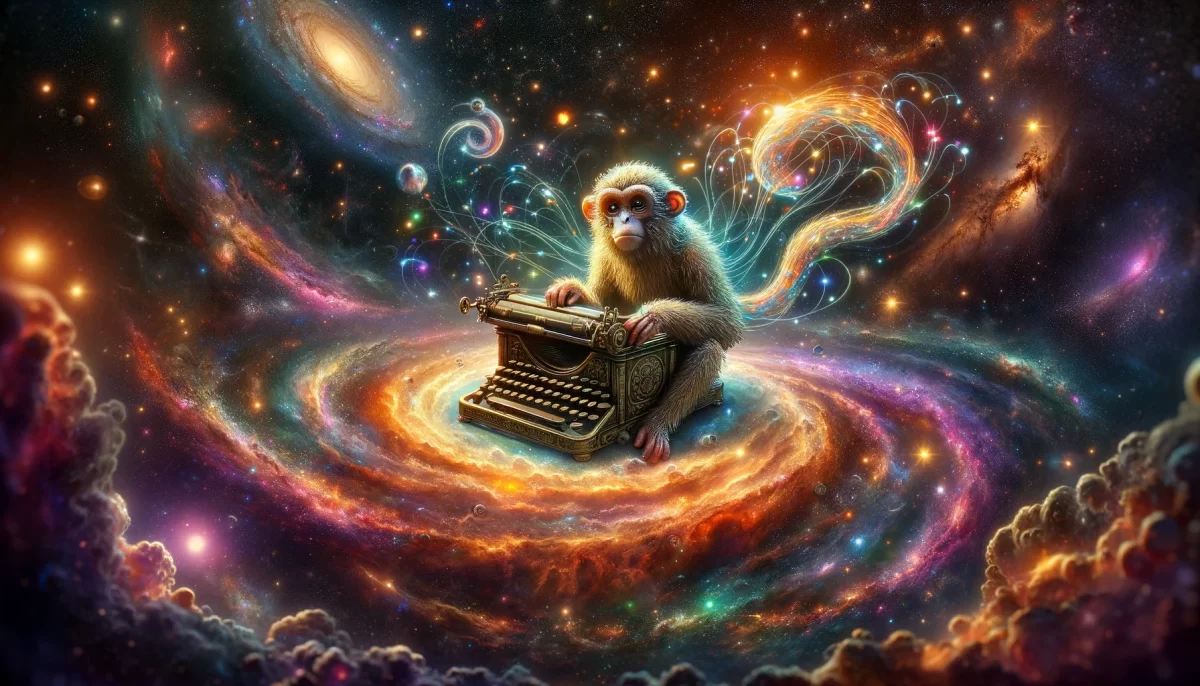

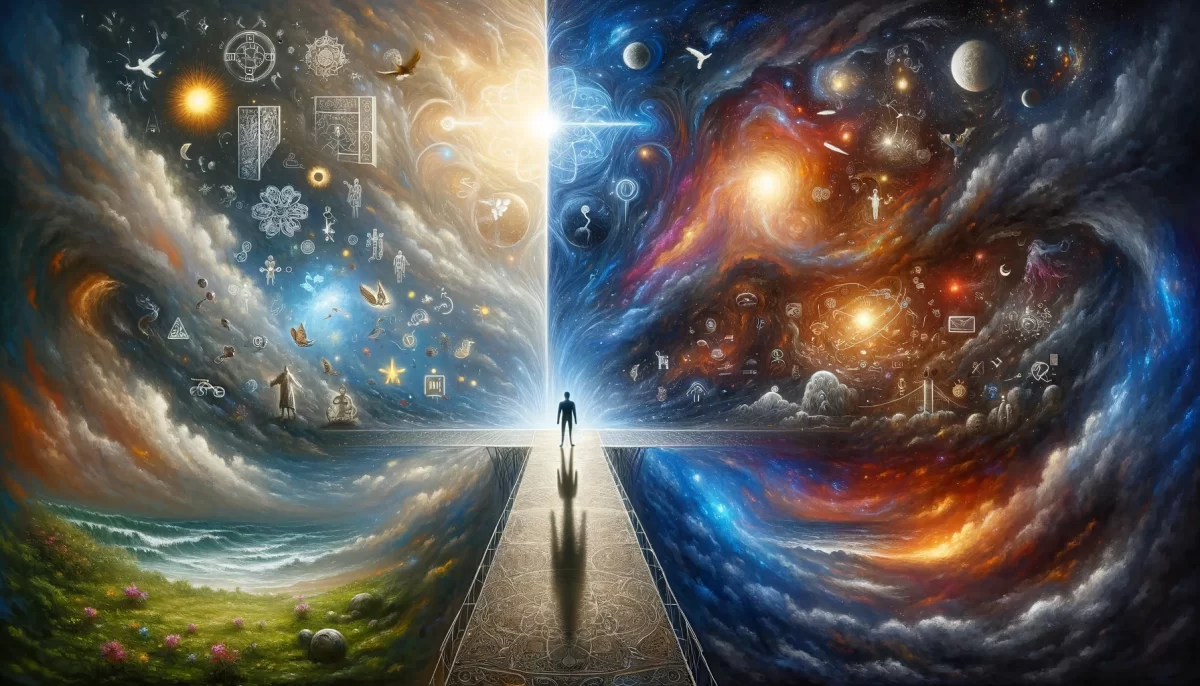
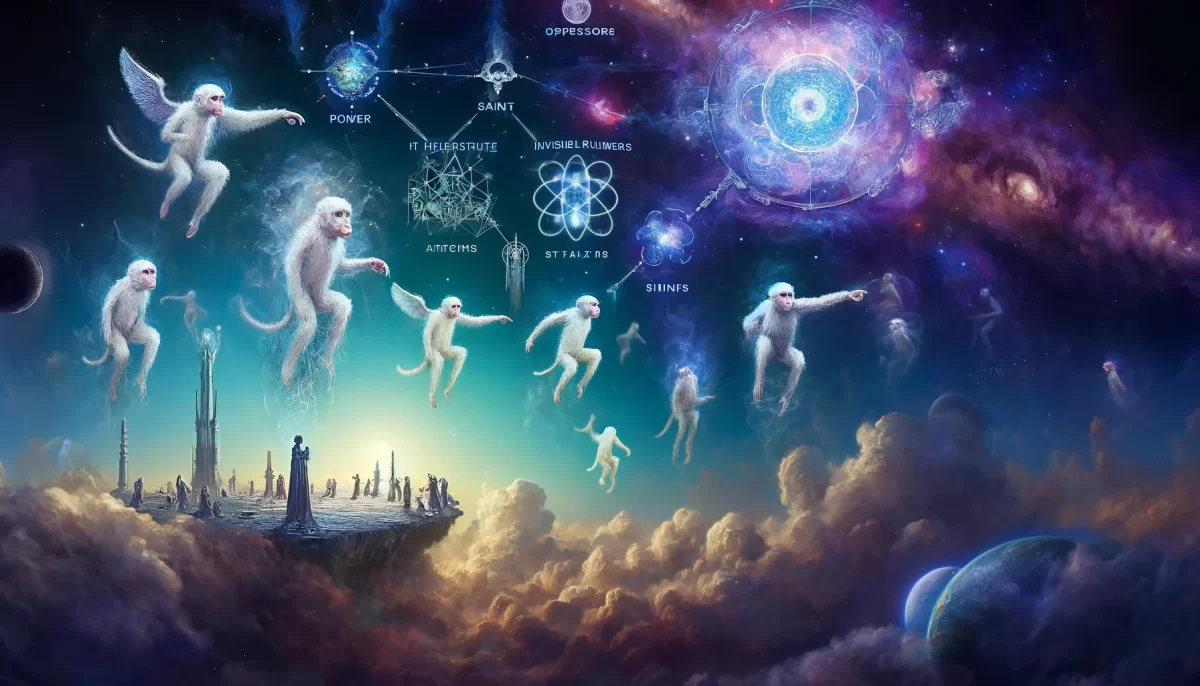

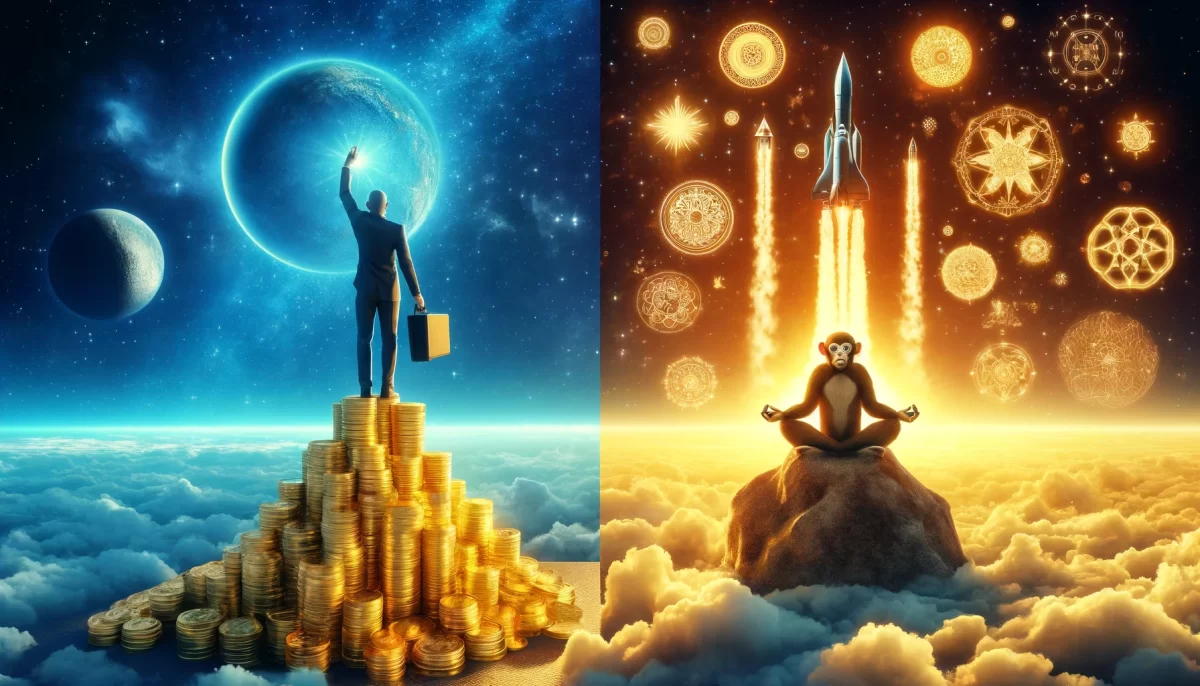

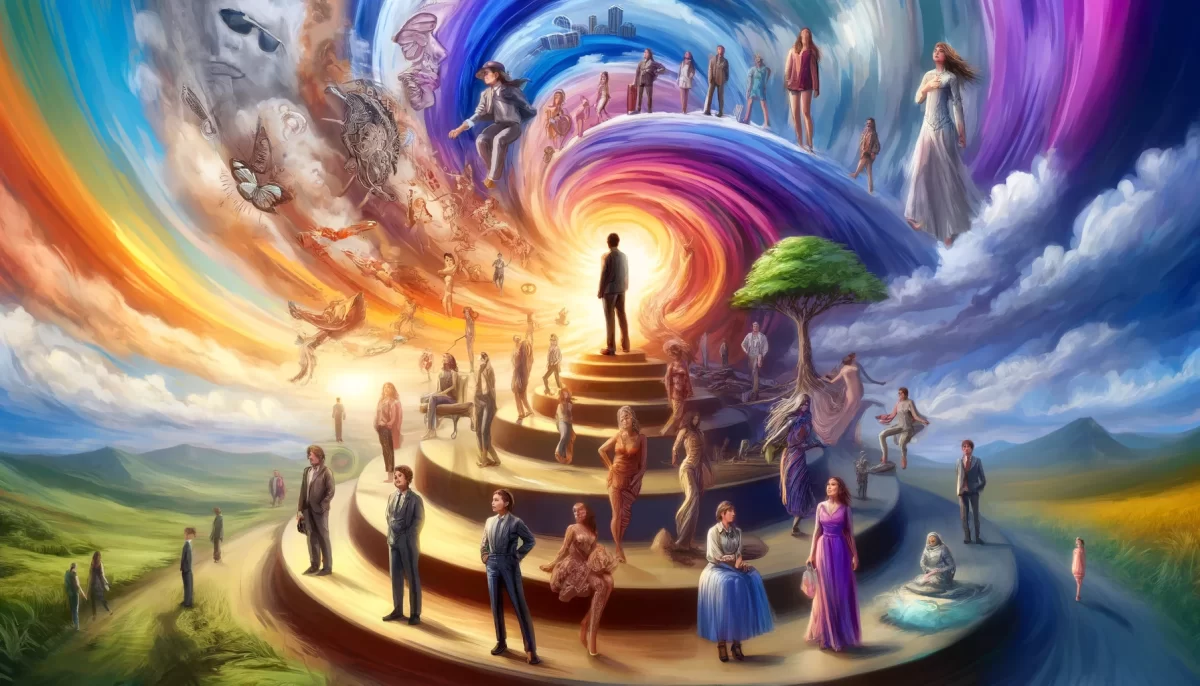
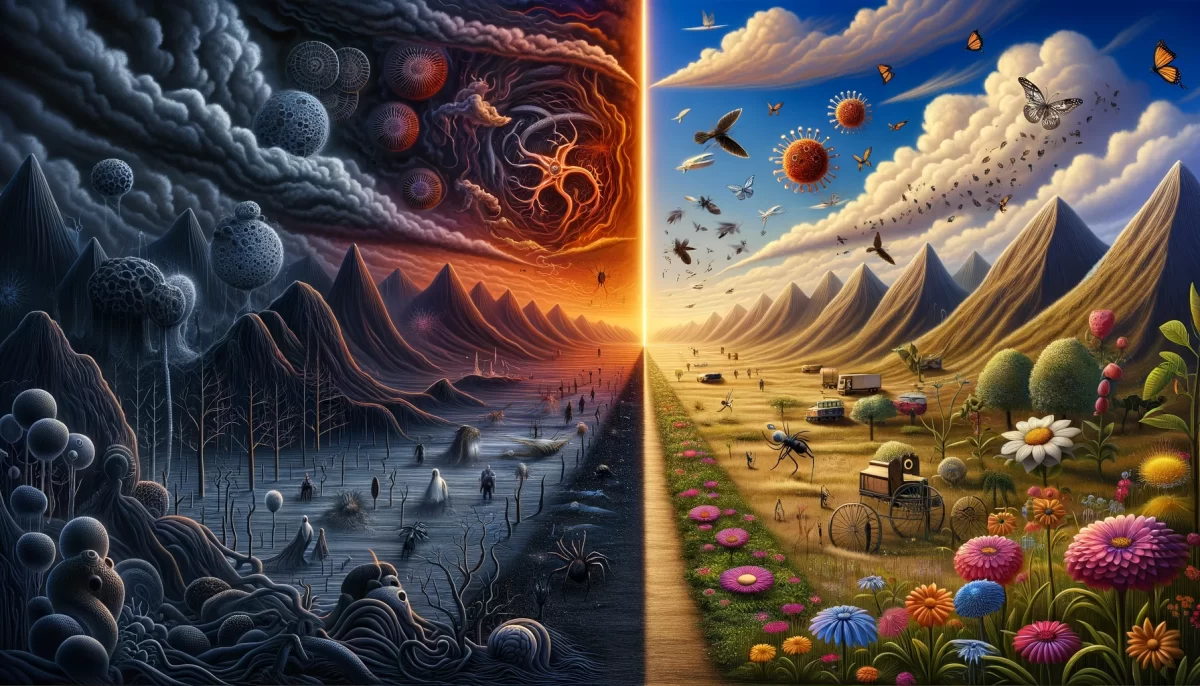
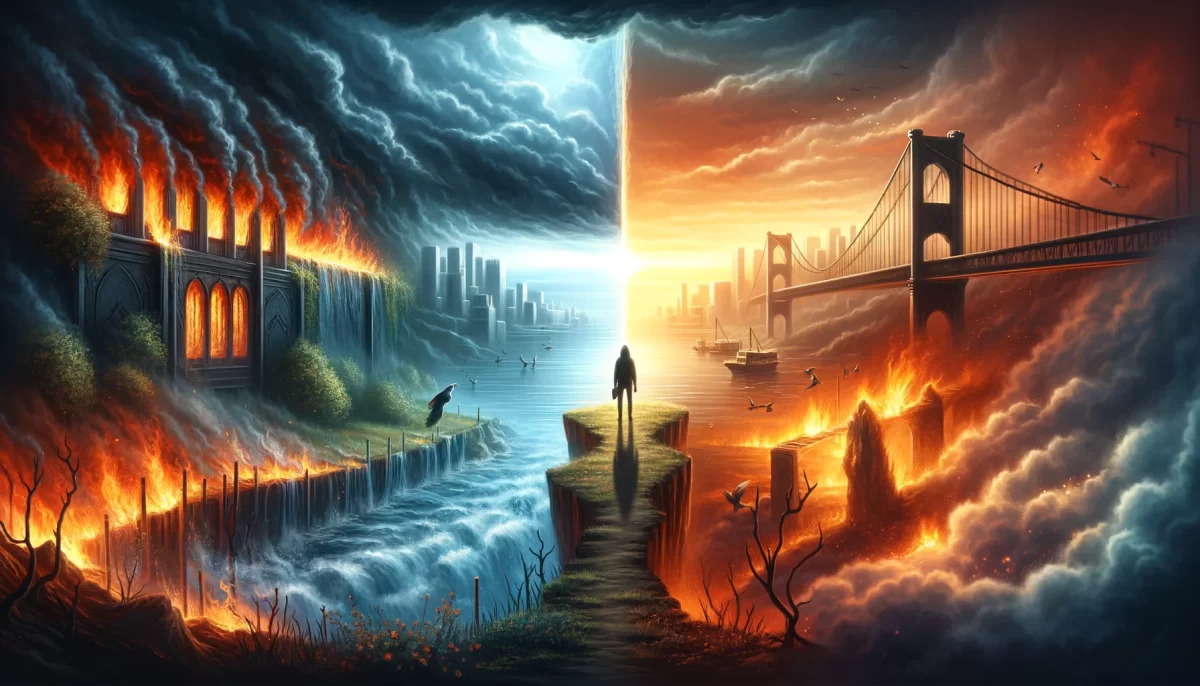
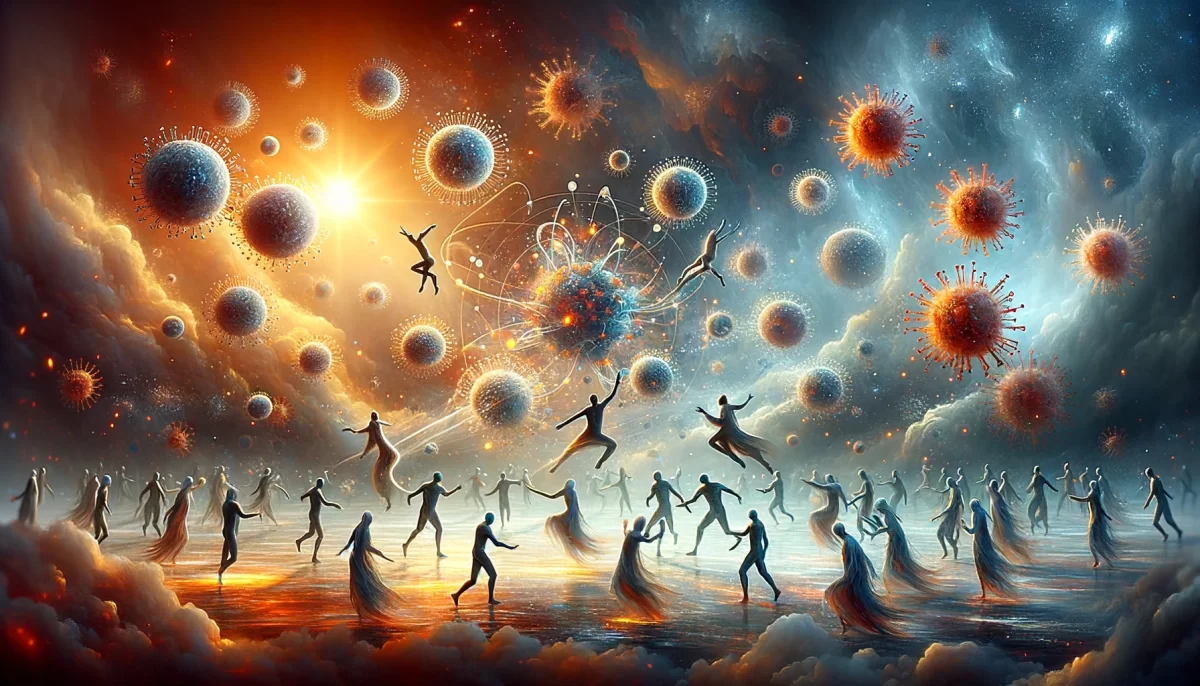
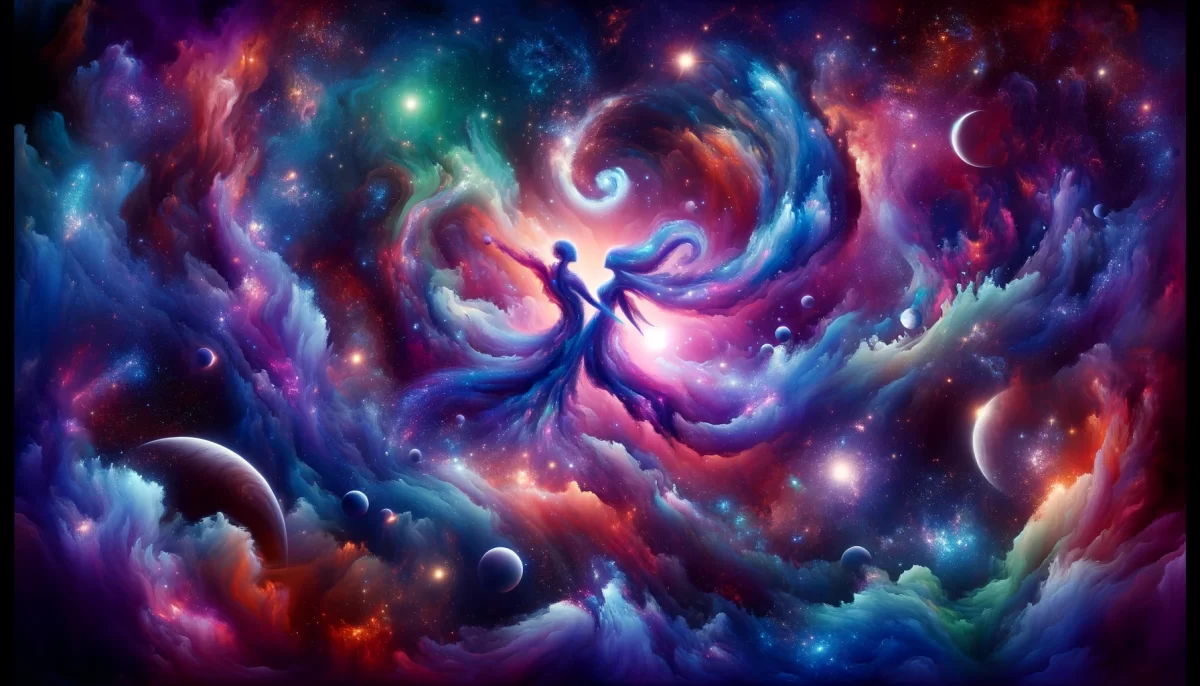
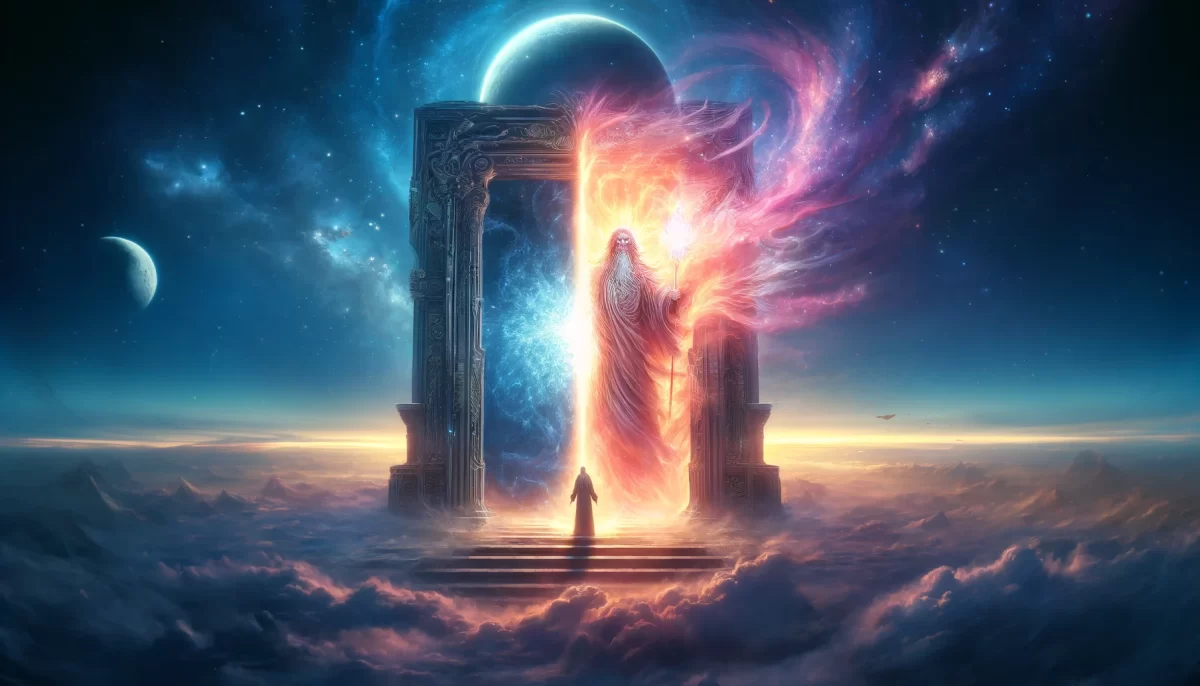

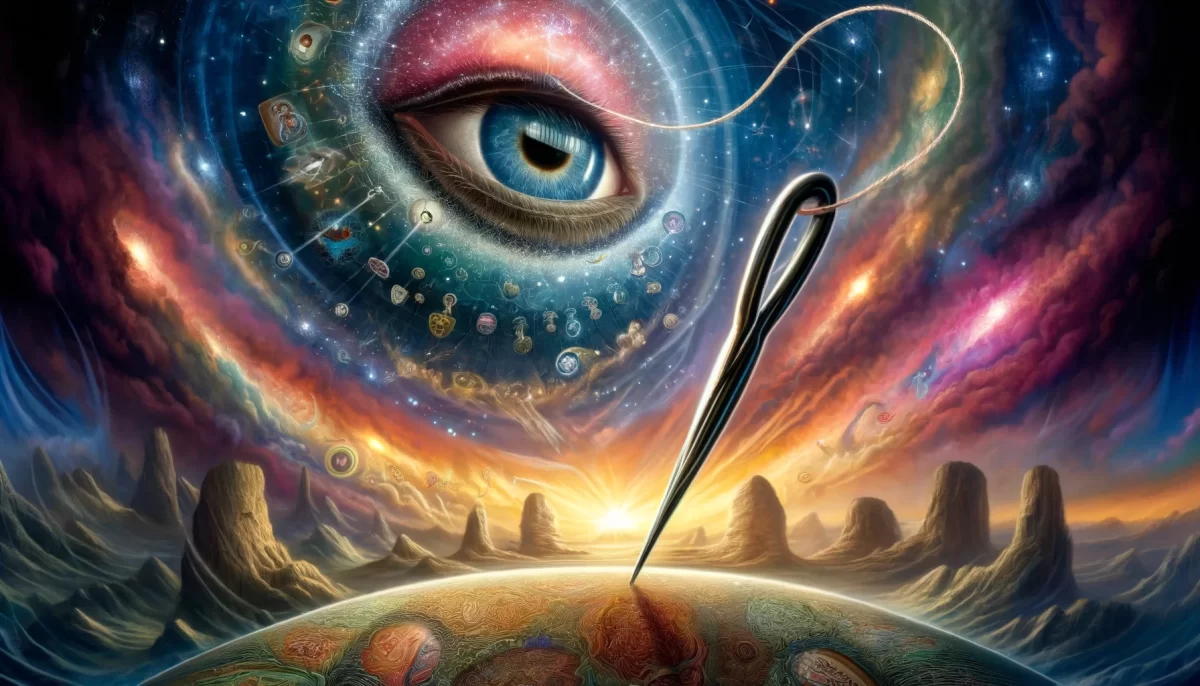
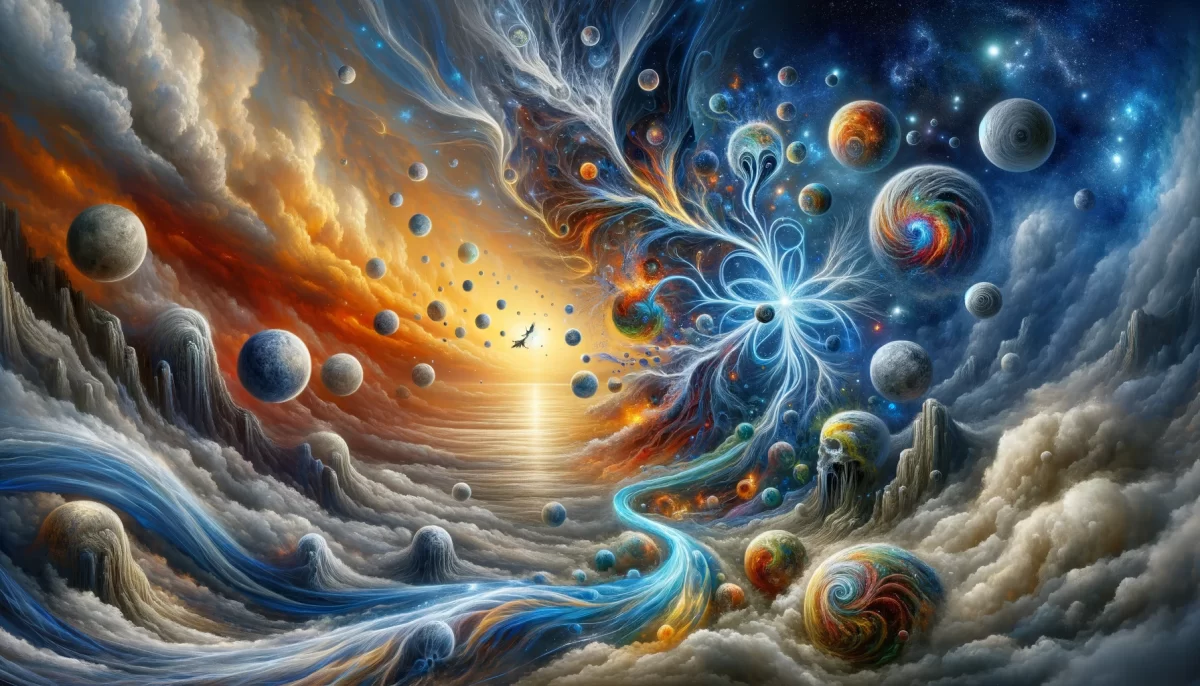
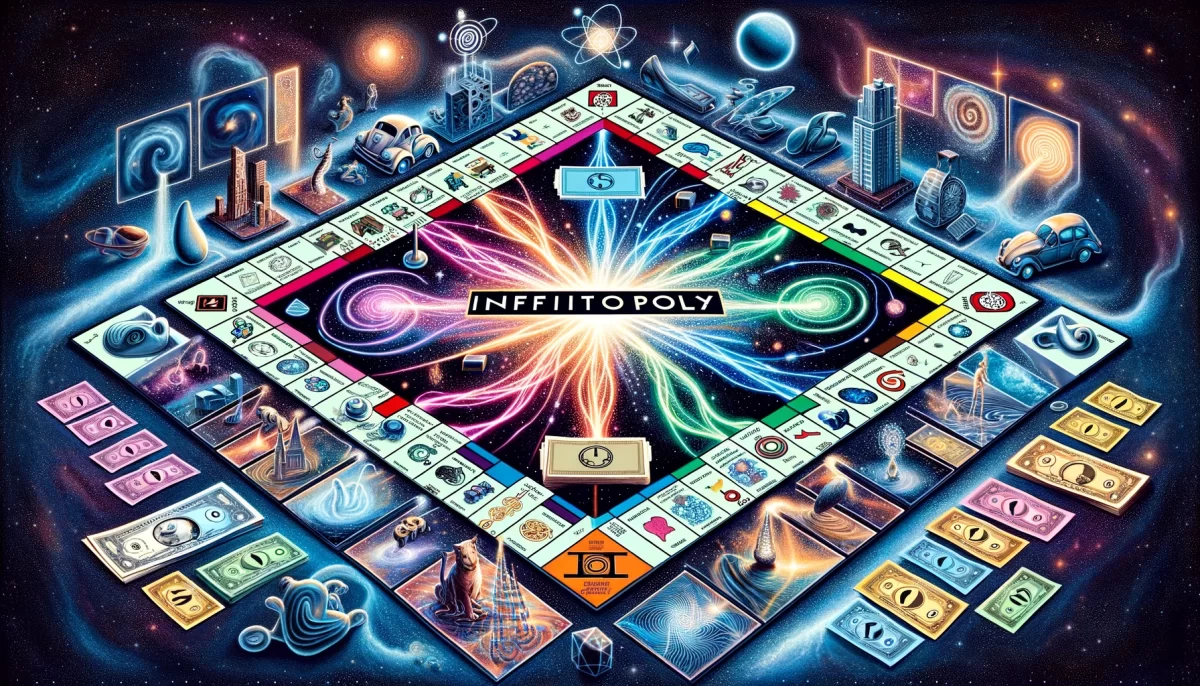

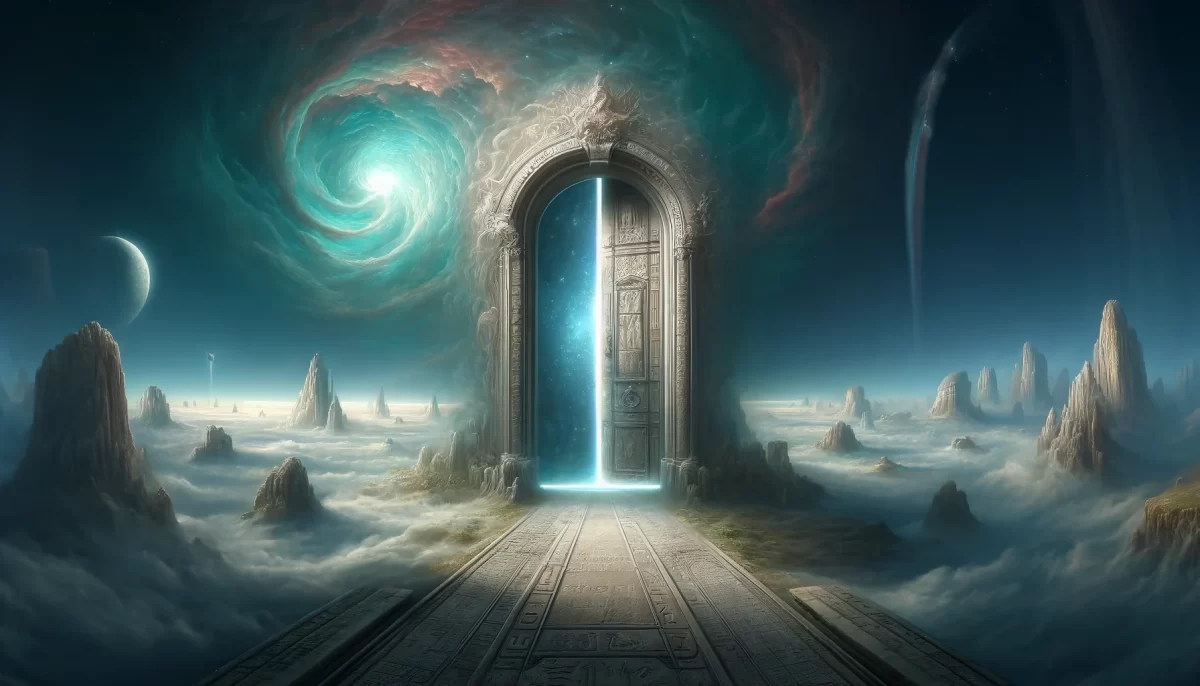
Leave a Reply